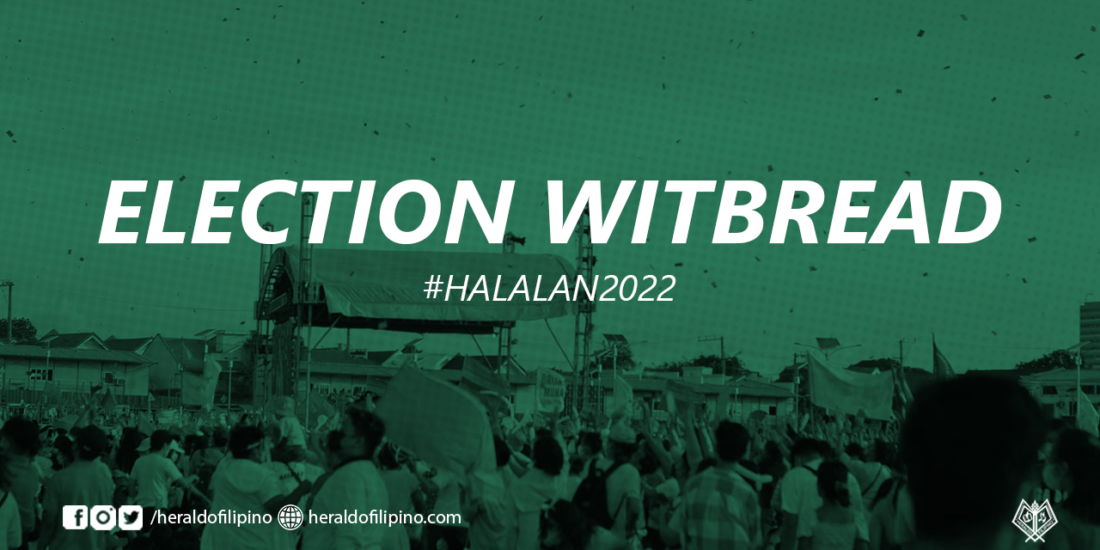Environmental hierarchy
Lately, social media has been buzzing on the current environmental problems that Earth is facing. From photos of sea birds washed ashore with their stomachs filled with a collection of plastic wastes they mistakenly consumed; articles warning the looming threat of global warming with only a decade left to fix before the impending doom of our planet as we know it; to marine animals holding on to human wastes, such as a fish covered with a transparent plastic glove. These situations, although heart-wrenching, are merely the tip of the iceberg that is environmental damage.
Growing up, the nature had always been a huge fascination for me, which is why it has been a great disappointment to see where the future is headed when it comes to Mother Nature. Although there had been a massive support from companies and thelocal government to lessen waste consumption in the country, solutions covering the bare minimum are not enough. Some businesses even tried to offer alternative options by selling reusable items in unreasonably steep costs, items which are sometimes held against people who cannot afford lavish expenses.
While scrolling online, I remembered seeing a picture of a murky, trash-covered estero in Manila. Breezing through the comments section, the collective number of users had expletively expressed the same thoughts: the lack of discipline among informal settlers prompting consumers to buy more environmental-friendly products. These comments made me realize that though being environmentally-aware a race against the destruction of mother nature, it is much more than that. It is a race against the tycoons who take advantage of this opportunity to make this crisis about themselves.
Yes, the poverty-stricken citizens of third-world countries such as the Philippines lack regulation and discipline when it comes to trash disposal, but try to place yourself in their shoes. Lacking monetary funds to even eat three square meals a day and the dirt-cheap options available to them, it would be a no-brainer to choose the things that are easily accessible albeit environmentally dangerous.
It is a race against the tycoons who take advantage of this opportunity to make this crisis about themselves
Large companies such as fast-food chains and shopping malls would be more open to the idea of using recyclable or paper products because they have the means to do so; the elite and middle-class citizens are easy to entice or guilt-trip into buying the so-called environmentally safe products because they know they lack the disciplines themselves before (and some continues to do so) the whole campaign for global awareness started; the poor and the marginalized, however, do not have the financial capacity to do so—even if they wanted to.
Instead of bringing down the less privileged citizens of our country, why don’t we bring down the companies who dump their contaminations onto natural resources? According to The Guardian, only 100 companies are responsible for a whopping 71% of global emissions, a testament that pollution stems from those more privileged and have the means to destroy our environment in spite of our best efforts. For those eligible, why don’t we use the upcoming elections as an opportunity to vote for candidates who are not only for the people but for the environment as well? It’s time to acknowledge the fact that environmental problems are more than just the pollution that trash harbours, but more so the pollution that inequality creates.




